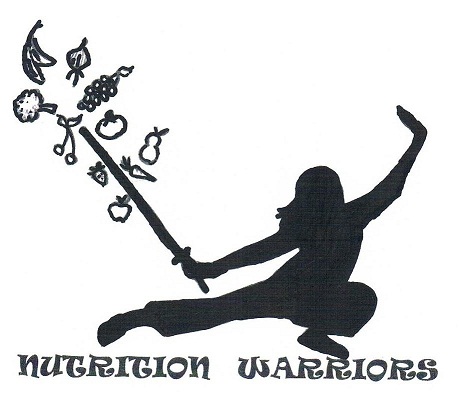Know your vitamins
Vitamins are classified as water-soluble or fat-soluble.
Water-Soluble Vitamins
The body doesn’t store water-soluble vitamins—excess amounts are excreted in the urine—so, you need to replenish these vitamins each day.
- B vitamins
- B1 (thiamin)
- What does it do for you?
- Maintain your energy supplies
- Coordinate the activity of nerves and muscles
- Support proper heart function
- What foods have B1?
- Asparagus is an excellent source . Very good sources of vitamin B1 include crimini mushrooms, spinach, flaxseeds, tuna, green peas, and Brussels sprouts.
- B2 (riboflavin)
- What does it do for you?
- Help protect cells from oxygen damage
- Support cellular energy production
- Maintain your supply of other B vitamins
- What foods have B2?
- A great source is crimini mushrooms, calf’s liver and spinach. Other sources are romaine lettuce and asparagus, and Swiss chard
- B3 (niacin)
- What does it do for you?
- Help lower cholesterol levels
- Stabilize your blood sugar
- Supports your cells
- Help your body process fats
- What foods have B3 include?
- crimini mushrooms, tuna, chicken, salmon. Other good sources include asparagus,summer squash and carrots.
- B5 (Pantothenic acid)
- What does it do for you?
- Help turn carbohydrates and fats into usable energy
- Improve your ability to respond to stress by supporting your adrenal glands
- Assure adequate production of healthy fats in your cells
- What foods have B5?
- Crimini and shiitake mushrooms are excellent food sources of vitamin B5. Also includes broccoli, cauliflower, grapefruit, bell peppers, and asparagus.
- B6 (pyroxidine)
- What does it do for you?
- Supports the nervous system
- Breaks down starches and sugars
- Helps reduce the build up of homo-cysteine in your blood ( associated with an increased risk of cardiovascular, stroke and dementia)
- What foods have B6?
- Spinach, bell peppers, garlic, bananas, asparagus, watermelon and tuna are good sources
- B7 (biotin)
- What does it do for you?
- Support healthy skin
- Help your body use of sugar efficiently
- Energy supply in your nerve cells
- What foods have B7?
- peanuts, almonds, Swiss chard, yogurt, eggs, and tomatoes are great sources
- B9 (folate)
- What does it do for you?
- Support red blood cell production and help prevent anemia
- help prevent homo-cysteine build up
- support skin cells
- support nerve function
- What foods have B9?
- Spinach, asparagus, beets, lentils, brussel sprouts, kidney beans,and papaya are all great sources
- B12 (cobalamin) What does it do for you?
- Nerve cell development
- Red cell production
- Metabolism of nutrients/ overall health and energy level
- What foods have B12?
- Sardines, calf’s liver, shrimp, scallops, salmon, grass fed beef
- Vitamin C What does it do for you?
- protects cells from damage
- helps your vitamin E supplies
- helps iron absorption
- What foods have Vitamin C?
- Great sources are bell peppers, parsley, broccoli, strawberries, papaya, kale, and romaine lettuce
Fat-Soluble Vitamins
The body does store fat-soluble vitamins, so regularly consuming excessive amounts can be toxic.
- Vitamin A (Retinol)
- What does it do for you?
- Improves and preserves eye sight
- Fights viral infections
- Great foods to eat carrots, spinach, kale, parsley, bell peppers, romaine lettuce, Swiss chard, sweet potatoes, canatlope, apricots, and asparagus
- Vitamin D
- What does it do for you?
- Decrease inflammation, cell growth, keep your bones strong
- Food Vitamin D is found in; shrimp, sardines, milk, cod, eggs
- Vitamin E
- What does it do for you?
- protects the skin from the sun (ultra violet light), prevent cell damage, maintain healthy cells
- Great foods to eat Sunflowers, Swiss chard, almonds, spinach and blueberries
- Vitamin K
- What does it do for you?
- protect against cell damage, naturally clots blood , protect from osteoporosis (thinning of the bones)
- Foods to eat parsley, kale, spinach, basil, broccoli, green beans, and tomatoes
A great reason to try new foods and the have variety so that you can have a balanced diet. There are so many benefits to food besides tasting great!

No comments:
Post a Comment